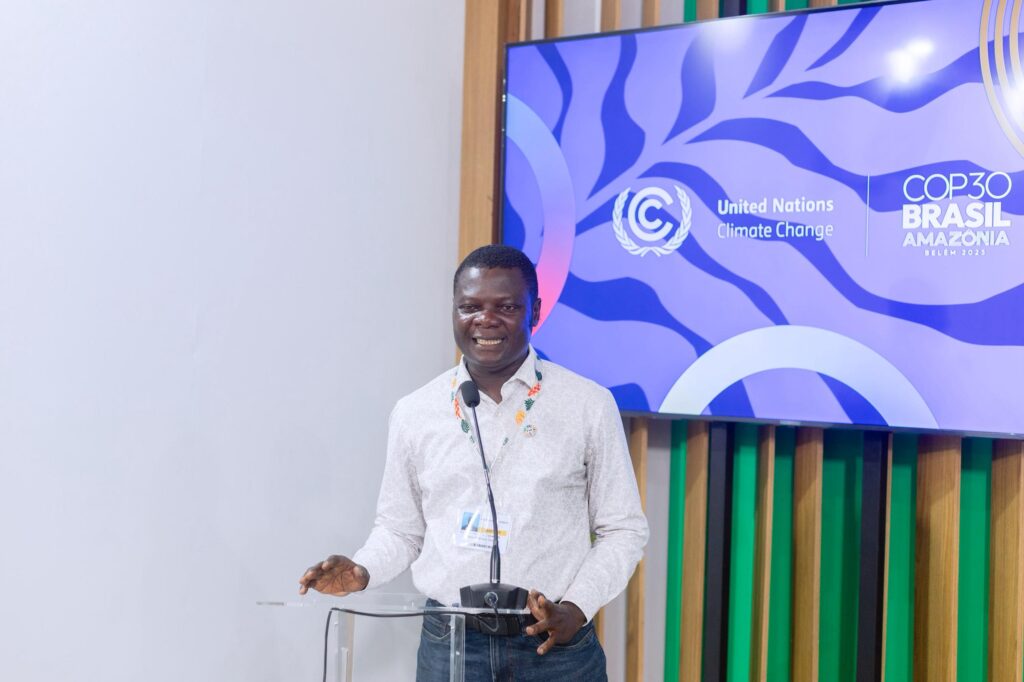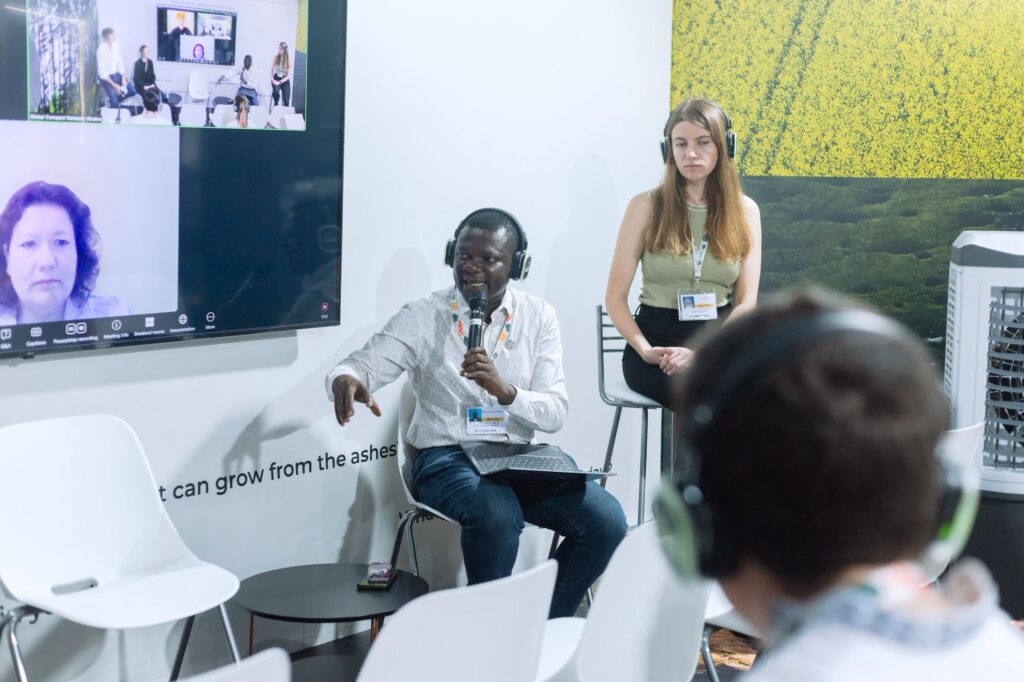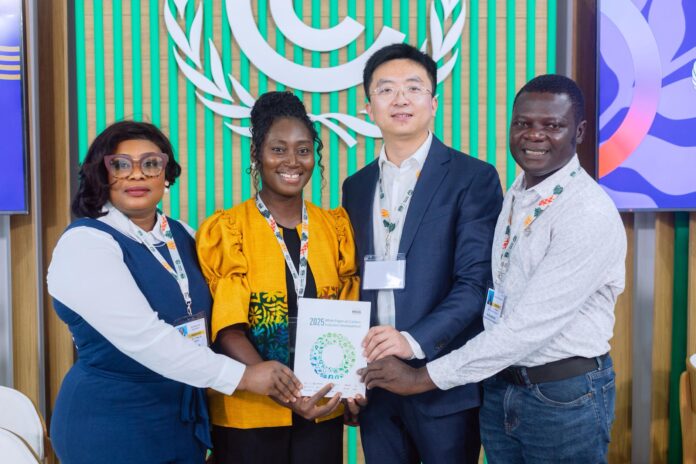The Jospong Group is demonstrating how Ghana’s private sector can move from carbon market readiness to tangible climate action, according to Ing. Dr. Glenn Kwabena Gyimah, General Manager of the Jospong Green Transition Office.
Speaking at a World Climate Foundation panel on the sidelines of the COP30 Brasil Amazonia climate summit in Belém on Friday, November 14, Dr. Gyimah highlighted how the company has leveraged Ghana’s Article 6 framework to deliver both environmental and social impact.
“The clarity brought by Ghana’s Carbon Market Office and National Authorization Framework has transformed carbon markets from a policy discussion into a viable business opportunity,” he stated.
Dr. Gyimah outlined the Jospong Group’s significant progress since 2024, citing five key implementation milestones. “We have successfully integrated our project portfolios with Ghana’s National Carbon Registry, making our composting, landfill gas recovery, and clean cooking initiatives among the first to be officially tracked in the national system,” he explained.

He emphasized that Jospong’s approach goes beyond carbon credit generation. “Participation in carbon markets represents a fundamental redefinition of the private sector’s role in national development. Every ton of carbon we mitigate tells a social story—creating green jobs, improving agricultural yields through organic fertilizers, and enhancing urban air quality.”

Acknowledging the practical challenges of implementation, Dr. Gyimah noted, “While we initially faced complex MRV protocols and high verification costs, public-private dialogue has enabled workable solutions that maintain both environmental integrity and investment viability.”
He also outlined four emerging models shaping Ghana’s carbon market, highlighting the importance of community engagement.

“Our community benefit-sharing model ensures that carbon revenue is reinvested in local development—supporting schools, clean water, and reforestation initiatives,” he elaborated.
Concluding with a forward-looking perspective, Dr. Gyimah said, “Our experience shows that when government and business work in synchronization, carbon markets become more than transaction platforms—they evolve into powerful instruments for sustainable national development and green growth.”



